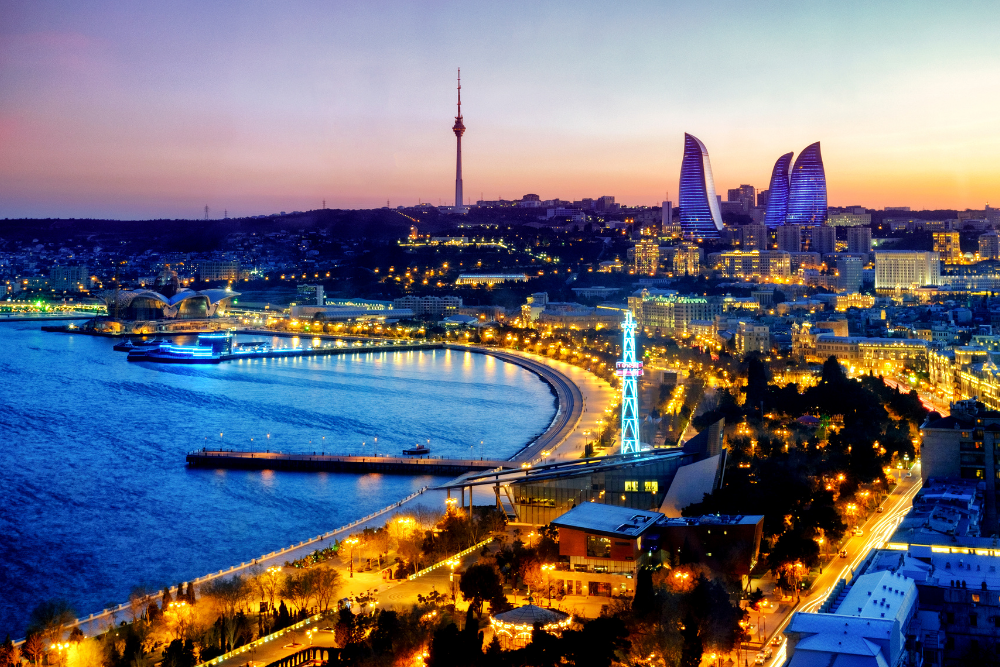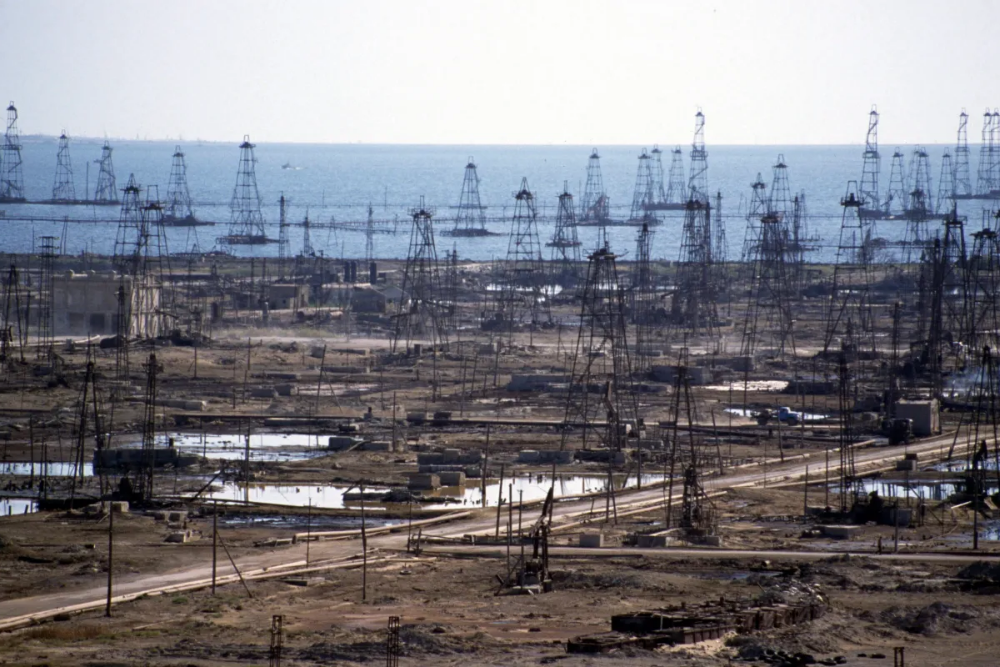Introduction
Azerbaijan, often referred to as the “Land of Fire,” has played a significant role in global energy production for over a century. With vast oil and natural gas reserves, the country has become a key player in the energy sector, contributing to regional and international markets. This thriving energy industry has not only boosted Azerbaijan’s economy but has also influenced its tourism sector in various ways.
Azerbaijan’s Energy Sector Overview
Azerbaijan’s energy industry is centered around its rich reserves in the Caspian Sea, with the following key elements:
- Oil Production: The country has been a major oil producer since the 19th century, with the Baku-Tbilisi-Ceyhan (BTC) pipeline serving as a crucial transport route for crude oil.
- Natural Gas Reserves: Azerbaijan is a leading supplier of natural gas to Europe, thanks to projects like the Southern Gas Corridor.
- Renewable Energy Initiatives: With a growing focus on sustainability, Azerbaijan is investing in solar, wind, and hydroelectric power to diversify its energy portfolio.
The Influence of Energy Production on Tourism
While energy production primarily drives Azerbaijan’s economy, it has also impacted tourism in the following ways:
1. Attraction of Business and Energy Tourism
The energy sector has led to an influx of business travelers, investors, and researchers attending industry conferences and summits. Baku, as the capital and energy hub, hosts numerous energy-related events, such as:
- The Baku Energy Forum
- The Caspian Oil & Gas Exhibition
- The International Renewable Energy Conference
2. Historical and Industrial Tourism
Azerbaijan’s long-standing relationship with oil production has resulted in unique industrial tourism attractions:
- The Baku Oil Fields: Known as the birthplace of the modern oil industry, visitors can explore historic oil derricks and drilling sites.
- The Nobel Brothers’ House Museum: Showcasing the impact of Swedish entrepreneurs on Azerbaijan’s oil boom.
- Surakhani Oil Tanker Museum: The world’s first tanker-turned-museum, offering insights into Azerbaijan’s maritime energy transport history.
3. Development of Modern Infrastructure
Revenue from the energy sector has funded extensive infrastructure projects, making Azerbaijan more accessible and appealing to tourists:
- Expansion of Heydar Aliyev International Airport
- Development of luxury hotels and resorts
- Upgrades to roads, public transportation, and tourism facilities
4. Sustainable Tourism Initiatives
With a focus on balancing energy production and environmental sustainability, Azerbaijan is promoting eco-friendly tourism:
- Investments in eco-resorts and nature tourism
- Development of sustainable energy sites as tourist attractions
- Conservation efforts in national parks such as Shahdag National Park and Gobustan National Park
Conclusion
Azerbaijan’s role in global energy production has not only strengthened its economy but also shaped its tourism landscape. From business tourism to industrial heritage sites and eco-friendly initiatives, the country continues to attract visitors with a diverse range of experiences. As Azerbaijan advances in both energy and tourism sectors, it remains a fascinating destination where history, innovation, and sustainability converge.












